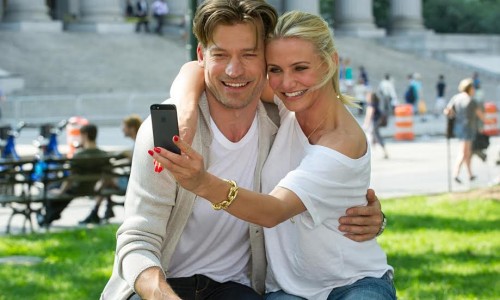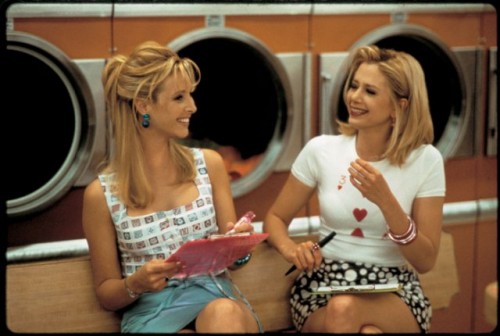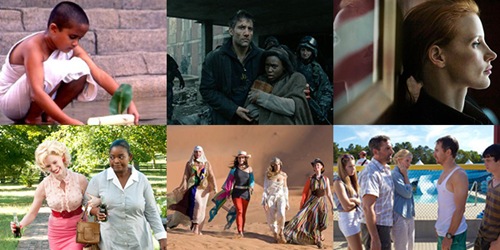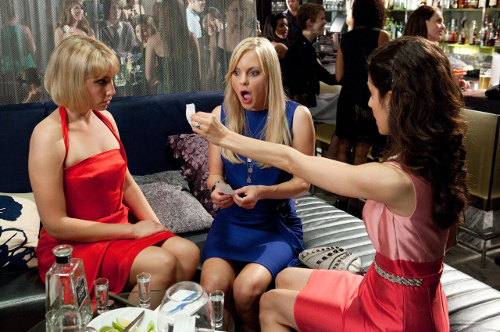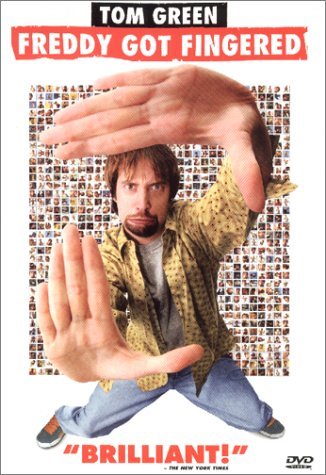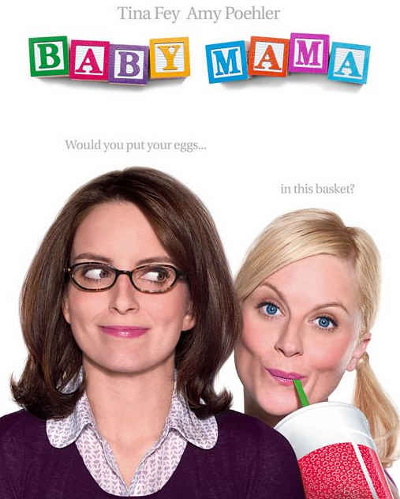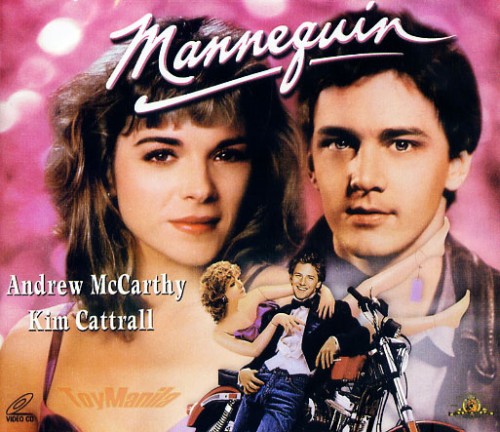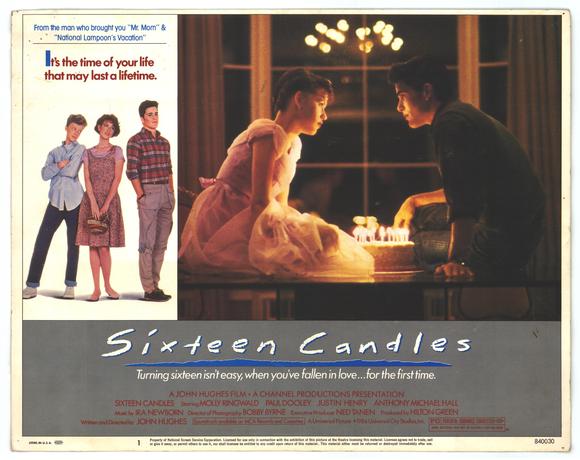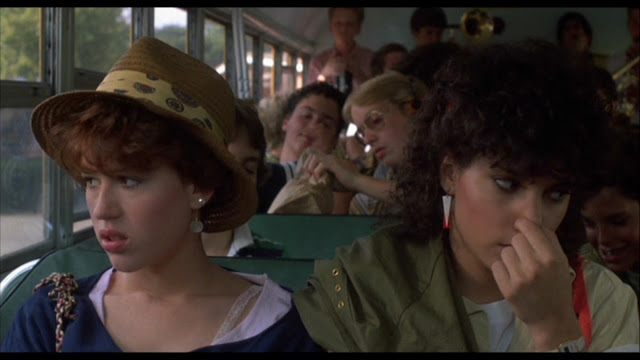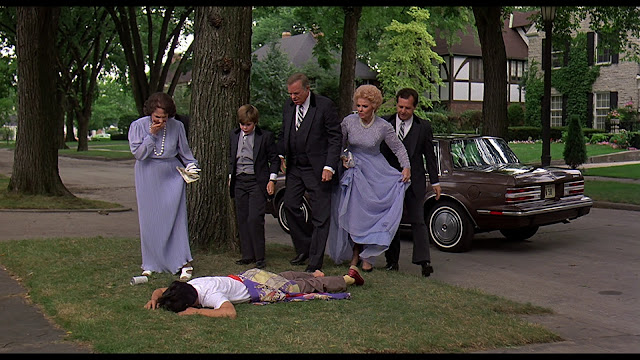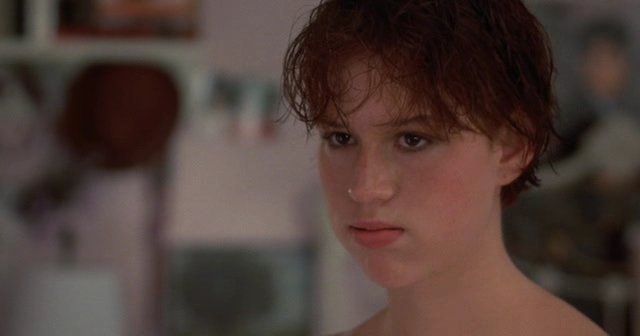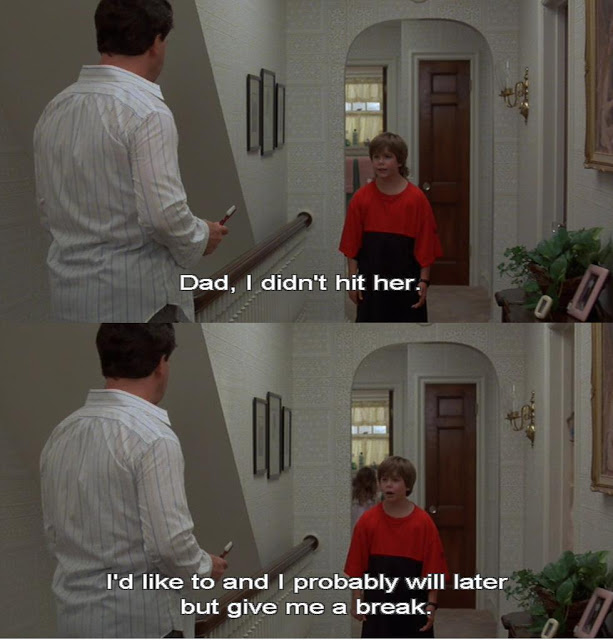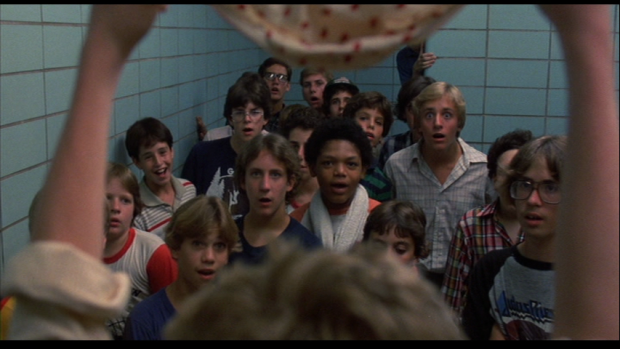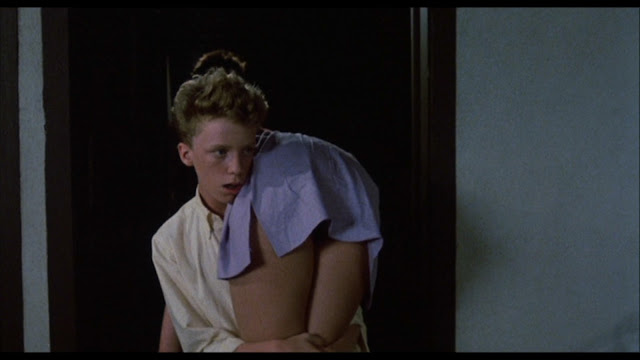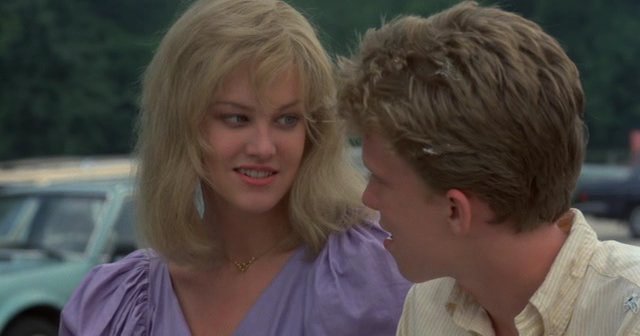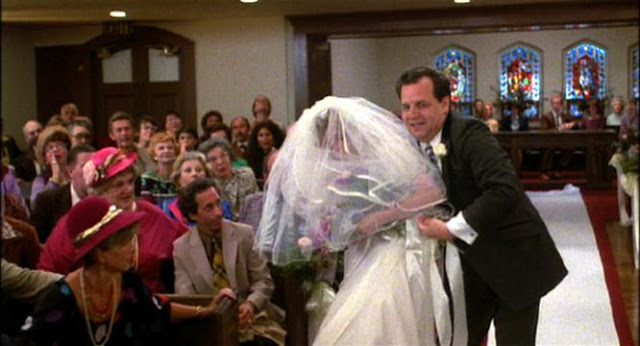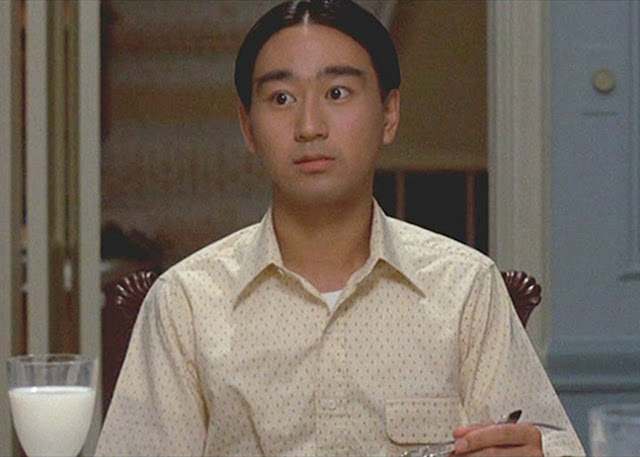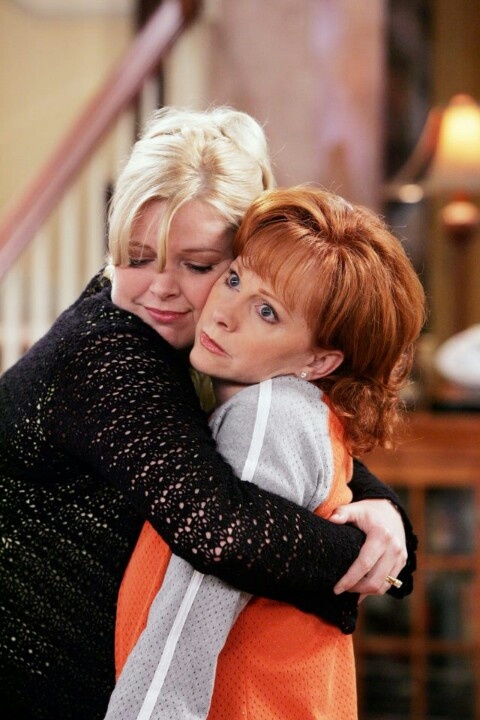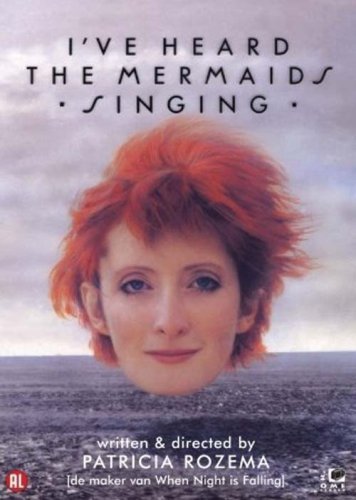This guest post by Chantell Monique appears as part of our theme week on Female Friendship.
What makes female-centered films compelling is the opportunity they have to challenge stereotypes that normally surround female friendships; instead of showcasing the back-biting, competitive, pseudo-supportive nature of these friendships, they provide an alternative more positive perspective. At first glimpse, The Other Woman (2014) looks like a 2010s version of First Wives Club (1996). While both are centered on female friendships, The Other Woman takes on a somewhat different approach. Instead of being old college friends, the women in The Other Woman are actually The Wife, The Mistress, and The Girlfriend. Even though they’ve been betrayed by the same man, his unfaithfulness allows them to forge friendships that would have otherwise never happened. In addition, through this friendship, the women are given the opportunity to evolve into stronger versions of themselves.

The Other Woman opens on Carly, played by Cameron Diaz, clearly in love with her new beau, Mark King, played by Nikolaj Coster-Waldau. Mark is handsome, sophisticated and sweeping her off her feet with intimate dinners and long conversations in the park.
Carly, a high-powered attorney has “cleared her bench” or in broader terms, stopped seeing other men, in order to focus on her new love interest. It’s clear that this is a big step for her which is made more evident when she decides to introduce Mark to her father Frank, played by Don Johnson. At first Carly is against this but when Mark gives her an “eight-week anniversary” gift, she lets her guard down and agrees to introduce the two.
Meanwhile, unbeknownst to Carly, Mark is leading another life in Connecticut with a beautiful home and wife. Kate King, played by Leslie Mann, is Mark’s innocent and adoring wife; dressed in bright summer dresses and cardigans, Kate has no idea that Mark is unfaithful to her. She signs any paper he puts in front of her, while lamenting that she needs to go to “brain camp” while also making sure he’s well-dressed and is eating healthy.
Doused in all the love of an oblivious wife, Kate reminds Mark that they are scheduled to have dinner with friends on the very evening Carly has invited him to meet her father. Mark tries to wiggle out of his dinner with his wife but when she offers to visit him in the city, he agrees to the dinner and cancels with Carly, telling her that his place in the suburbs has flooded.

Disappointed at being stood up, Carly confesses her frustrations to her father who insists she gets over it and surprise her boyfriend in a sexy plumber outfit. Empowered by this idea, she arrives at Mark’s home, dressed to kill, and knocks on the door. To her surprise, it’s Mark’s wife, Kate, who answers. After an awkward introduction and a series of embarrassing moments, a mortified Carly hobbles back to the city.
The next time we see Carly, she’s expertly dressed, pulled together and livid. Resigned to the notion that all men are cheats, Carly has sucked it up and moved on. That is until Kate shows up at her office demanding asking questions. In the nicest way possible, Kate inquires as to Carly’s relationship with her husband; Carly politely tells Kate to ask Mark. Kate responds, “Clearly he’s lying to me and sleeping with you.” Carly doesn’t respond to this, and Kate promptly has a meltdown. Poor Kate didn’t think she was actually right when she accused her husband of sleeping with Carly.
Feeling somewhat sorry for her and desperate to end the scene she’s causing, Carly agrees to answer any question that Kate has if she promises to stop freaking out. Kate agrees and they go out for drinks. A drunk and depressed Kate laments about the current state of her life saying, “I quit my job to focus on his career. I even put off having kids!” Unmoved by Kate’s emotions, Carly offers her some “tough love” by telling her that “monogamy is unnatural.” Here we get a clear picture of these two women: Carly, the tough as nails, lawyer who cautiously believed in love only to be reminded that it’s nonexistent and Kate, the sniffling, heartbroken wife who up until now, had no idea how harsh real life could be.
Carly puts drunk-Kate in a car and sends her back to the suburbs, as she screams out the window, “This was the best night ever!” Relieved to be rid of her and content that she performed her “good deed” of the year, Carly returns to her normal life.

Shell-shocked and unable to pretend everything is the same, Kate escapes the suburbs again, returning to Carly’s job with her Great Dane, Thunder, in tow. An annoyed Carly hisses, “You think we’re friends…we’re not. I don’t care about you or Mark or your dog!” she shoos Kate on her way only to find her on her doorstep a few hours later. In tears, she tells Carly that she’s the only person in the world who knows what’s going on—that she has no one else. Carly invites her in; the two bond over booze, laughs, and fancy underwear.
Carly becomes Kate’s go-to-person and while Carly is annoyed by the late night/early morning phone calls, she’s always there for her. For example, when an excited Mark gets back from a business trip, he dotes on Kate with all the love and attention she’s been desperate for. Huddled in a restaurant bathroom, she calls Carly, afraid she’s going to sleep with him. Carly tells her that she’s making a mistake and to leave her out of it. A frustrated Kate hangs up, looks in the mirror, and tells herself to keep it together.
She doesn’t; instead, she and Mark end up making out. Kate tells Mark to hold on as she rushes to the bathroom to get prepared for sex. While waiting, Mark gets a call; he sneaks out of the bedroom, whispering in hushed tones. Meanwhile, Kate comes out and sees him—she realizes he’s still cheating and it must be with Carly.

A hurt and upset Kate confronts Carly who vehemently denies seeing Mark. This is when they realize, he’s cheating on both of them with someone else. After some stealthy maneuvers, they track Mark down and meet his other woman, Amber, played by Kate Upton; devastated that Mark has a wife and a mistress, the bubbly Amber vows never to see Mark again and begs to hang out with Kate and Carly. Carly’s against it but Kate pleads, “Can we keep her?” Instead of hating and seeing each other as competition, the women form a bond, increasing their woman-power. Kate decides that she wants to make Mark pay for his unfaithfulness saying, “I want him to have to start over,” but she’s afraid she doesn’t have the killer instincts to do it. Her new friends step in, telling her that she does and that if they work together, they can get their revenge.
The women set out to destroy Mark with a series of pranks while also trying to figure out how shady his business practices are. The plan moves along smoothly but Kate can’t seem to let go of her perfect life and love for her husband. After spending a weekend away with him, she sleeps with him. She returns to an excited Carly and Amber who have hacked into Mark’s computer and found out incriminating evidence to end his career. Unfortunately, Kate is not on board; she tells them that their plan is more “complicated” than they think. Upon the realization that Kate can’t let go of Mark, Carly lashes out; in order to prove to Kate that he’s still a cheater, she texts him to see if he wants to hang. Kate storms out and Amber follows. Mark immediately returns the text saying, “I’m free on Friday. Let’s do it!”

With the plan on pause, Carly is saddened by the fact that her loyalty seems to come off too harshly. In the meantime, a happy Kate finally realizes Mark is never going to change when he has her blindly sign yet another set of papers. Tired of being treated like she’s stupid or doesn’t matter, she shows up at Carly’s door again but this time to apologize. The two make up; Kate tells Carly that she stole more evidence from Mark’s desk that can solidify their plan to take him down. Unfortunately, Carly is happy for her but tells her that she can’t help—she must move past the whole situation.
But Carly doesn’t keep her word—she shows up in the Bahamas for Kate who is there to foil Mark’s illegal business deal. She even brings Amber along. The crew is back together and has finally figured out how to leave Mark out to dry. Although they succeed in their plan to ruin the man who betrayed them, they ultimately gain friendships and growth that changes their lives. Through this unlikely bond, Carly becomes more supportive and compassionate while Kate realizes she’s smarter and stronger than she thought. Normally when a woman finds out a man is cheating, they go after the woman, creating an enemy, but The Other Woman challenges this notion by showing women an alternative way to view each other. Instead of competing against each other, Carly, Kate and Amber create a nurturing and supportive friendship that allows them to grow into better versions of themselves. It provides viewers with different perspective on female friendships by highlighting their value and importance.
Chantell Monique is a Creative Writing instructor and screenwriter, living in Los Angeles. She holds a MA in English from Indiana University, South Bend. She’s a Black Girl Nerd who’s addicted to Harry Potter, Netflix and anything pertaining to social justice, and female representation in film and television. Twitter @31pottergirl
